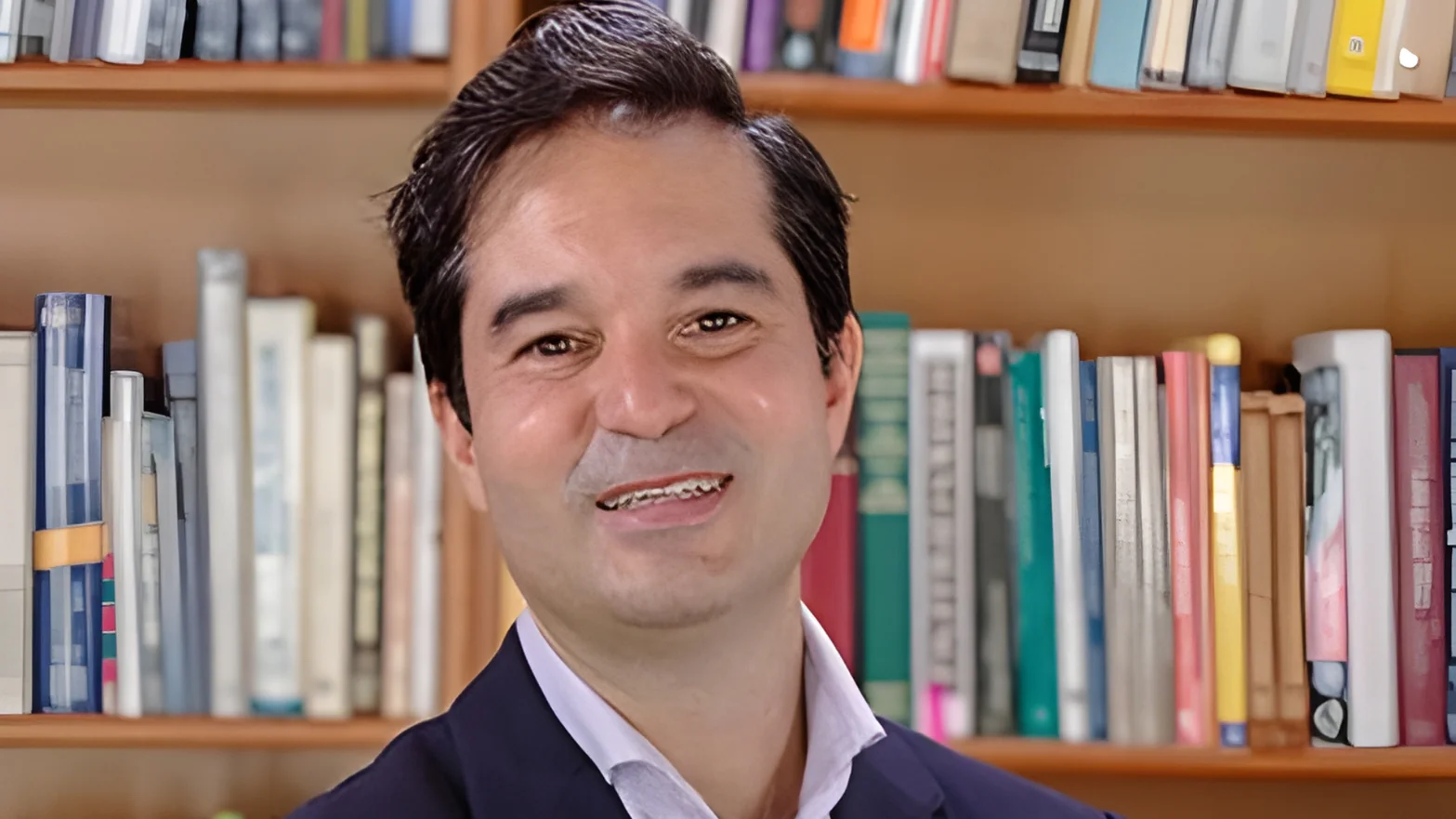The Faculty of Law at Francisco Marroquín University held its annual Legal Week, marking 17 years of this tradition. The event took place in September to coincide with Lawyer's Day on the 24th. Activities included academic, cultural, and recreational sessions aimed at supporting the professional and personal development of law students.
"The Legal Week of the Faculty of Law at UFM is a tradition that in 2025 reached its 17th year. It is held every year in September during the week that includes the 24th, Lawyer's Day. Its purpose is to contribute to the academic and cultural education of future lawyers through various activities, such as conferences, book presentations, film analyses, presentations on historical legal cases, art analyses, mock trials for historical figures, and more. Law, like air, is everywhere," said Dean Arturo Saravia.
One highlight was a lecture by Kimberly Monroy titled "Justice in the Digital Era: Can AI Decide Your Fate?" Students and faculty examined how artificial intelligence is impacting the legal field. The session included an exercise where AI acted as a judge in a real case.
Yesid Barrera presented "Negotiation and Mediation: A Simple, Challenging and Winning Change," offering practical tools for legal professionals. Barrera encouraged participants to approach problem-solving from new perspectives.
The Student Association organized an academic debate on "Legal Pluralism and Indigenous Law." Participants discussed how different justice systems might coexist within a rule-of-law state. The role of indigenous law was central to these conversations.
Ricardo Manuel Rojas received recognition as Author of the Year 2025 for his career achievements and contributions to legal thought.
Roberto Ardón led a session titled "Great Trials in Universal Artworks," using art as a way to reflect on legal themes.
A forum called "Former Presidents" analyzed books about two key Guatemalan leaders: El asedio a la primavera: Arévalo y la revolución de 1944 by Rodrigo Fernández Ordóñez and Julio César Méndez Montenegro: El demócrata by Ana Lucía Rodríguez Reyes. Marimaite Rayo moderated the discussion about how political ideas shape rule of law.
Another forum addressed "The Politicization of Justice," based on Carlos Sabino’s book La CICIG: ¿Experimento o conspiración? Panelists Ricardo Rojas, Julio García Merlos, Francisco Valdés, and Sabino discussed judicial independence and democracy.
A literary conversation featured Milton Estuardo Argueta’s novel De cara al sol with participation from both Argueta and Fernández Ordóñez. They discussed history, justice, and identity through literature.
The Student Association also hosted competitions testing students’ knowledge and argumentation skills. Winners included Isabella Arriaga, Jose Cuevas, Carlos España, Maria José Monzón, and Fabrizzio Salgado.
A traditional legal rally brought together students from different years to solve challenges collaboratively.
The week concluded with reflections on learning and reaffirmed Francisco Marroquín University's commitment to freedom and justice education.

 Alerts Sign-up
Alerts Sign-up